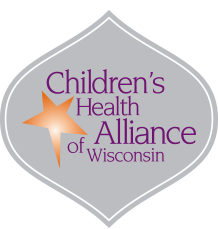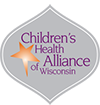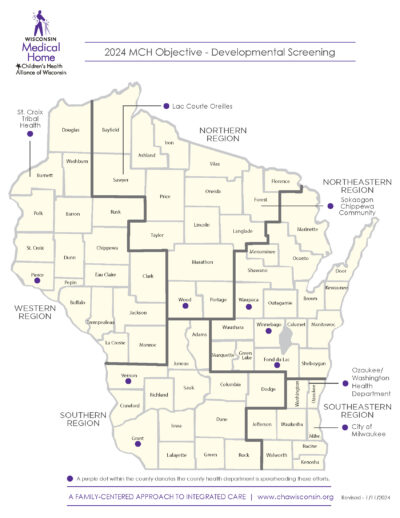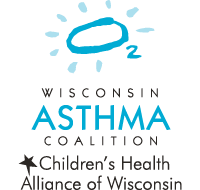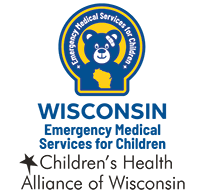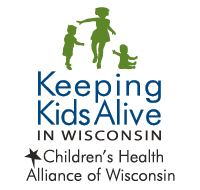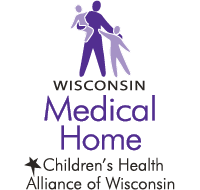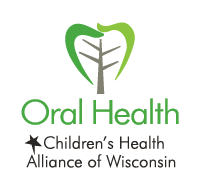Developmental Screening
What is Developmental Screening?
We want all children to have the tools and support they need to reach their full potential. Developmental screening helps ensure children with delays have timely access to the resources they need. We provide clinical care teams and professionals with virtual or onsite, no-cost training to integrate developmental screening within their practice
Developmental screening involves parent-clinician partnerships ‒ an important concept in medical homes. Early screening helps identify if supports and interventions are needed, sooner rather than later.
During developmental screenings, parents often complete a questionnaire about how their child plays, learns, speaks, acts and moves. Upon scoring the questionnaire, clinic staff or professions and family members can discuss the child’s strengths and potential areas of need. Developmental screening is designed to open doors to supports and services that help children thrive.

Developmental Screening Tools Training
Based on the AAP policy statement on developmental screening (2020), this no-cost, hour-long training is delivered virtually or onsite and is designed to promote the early identification of, and timely referral, for children with delays. Health care professionals learn about and receive copies of a validated developmental screening tool, Ages and Stages Questionnaire-3 and a validated autism-specific screening instrument, Modified Checklist for Autism in Toddlers-Revised with Follow-Up. In addition, community partners serving children with delays and their families will share information about their programs.
Developmental Screening National Performance Measure
The Medical Home Initiative is supporting local public health departments and tribal agencies focusing on developmental screening national performance measure. Agencies work within their community to promote awareness, education and programming for advancing developmental monitoring and screening. The Medical Home Initiative provides technical assistance, developmental screening training and opportunities for cross-county collaboration for these agencies.
2024 Learning Community Calls
All calls are from 9 a.m. – 10 a.m.
- April 17
- Aug. 7
- Nov. 6
Clinician & Professional Resources
American Academy of Pediatrics Recommendations
Learn more about the American Academy of Pediatrics (AAP) recommendations to screen all kids at 9 months, 18 months and 30 months.
Birth to 3 County Contacts
Referral to early intervention is crucial. Find the Birth to 3 contact in your county.
CDC “Learn the Signs. Act Early.” Resources
Free developmental monitoring resources.
The Pediatrician’s Guide to Community Resources in Wisconsin
Useful for all health professionals, this guide highlights resources such as 2-1-1, Head Start and Well Badger.
Family Resources
CDC’s Milestone Tracker App
Download the app and track your child’s milestones.
Developmental Screening Passport
Print a copy to share with your child’s doctor.
Milestone Checklists
Curious to know if your child is on track? Download a checklist to complete at home.
Contact Our Staff
Morgan Conti
Program Manager
(414) 337-4566
mconti@childrenswi.org
Anna VerKuilen, MPH
Program Manager
(414) 337-5892
averkuilen@childrenswi.org
Sign Up for Our Newsletter
Medical Home Minute
Monthly news, events and resources from the Wisconsin Medical Home Initiative.
The Wisconsin Medical Home Initiative is funded by the Wisconsin Department of Health Services’ Title V Children and Youth with Special Health Care Needs Program and the Maternal Child Health Program located in the Division of Public Health.
